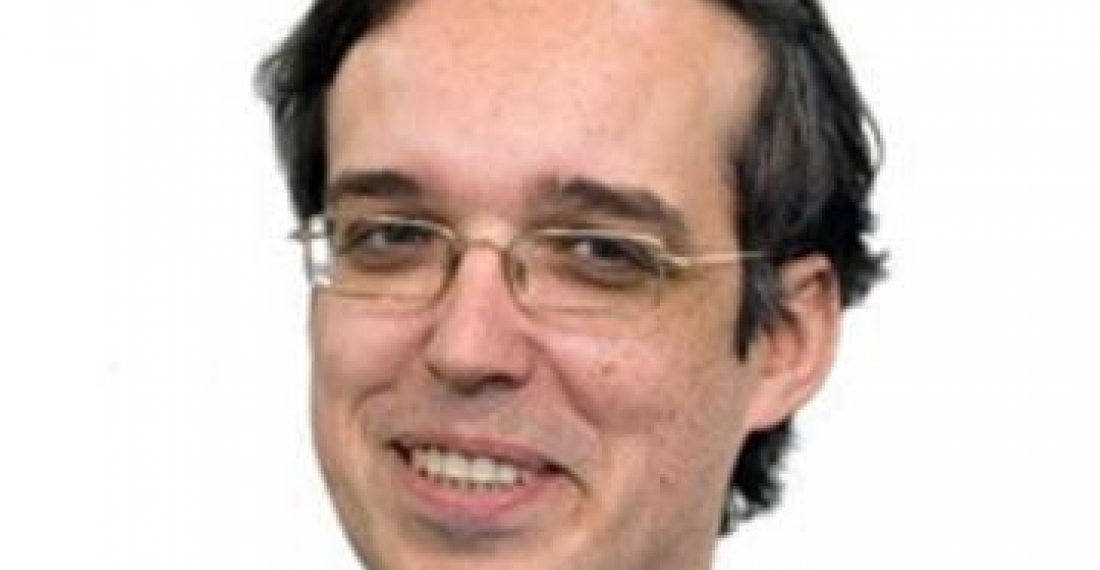How can you assess 2012 in terms of resolution of the Armenian-Azerbaijani conflict over Nagorno Karabakh?
It can be said that the conflict resolution has paused after the direct mediation of Russian President Dmitriy Medvedev did not produce the desired effect.
Russia has allowed other mediators, particularly, the European Union, to get involved into the process more actively. But EU could not propose the instruments of implementing the updated Madrid principles.
Therefore, I would say that 2012 did not bring any changes. It is highly unlikely that these changes will occur in 2013, because the presidential elections in both countries is not the best moment for concessions and compromises and it is clear that no achievements will be attained without compromises.
What are the expectations in terms of the South Caucasus, which processes will occur here in 2013?
I think it will be a difficult year. Once again, it will be the year of the election campaign in Armenia, Georgia and Azerbaijan, and a factor of possible conflict over Iran's nuclear program, which can also affect the situation in the South Caucasus and Caspian regions.
Much depends on the influence of external factors, in particular, the position of Washington against Tehran.
This situation (of the conflict over Iran's nuclear program) can blow up the whole region or, at least, have a negative impact on the stability and sustainability of its development.
The dynamics of changes are likely to touch, especially Georgia. I do not think that Armenia and Azerbaijan will experience any changes in the state institutions.
Most likely, the incumbent heads of state here will win the presidential election.
But in Georgia there a lot of intrigue and they are connected not only with relations of Ivanishvili with the outgoing elite of Saakashvili but also the Georgian-Russian relations, which can gain a new dynamics after the recent meeting between the Deputy Foreign Minister Grigoriy Karasin and special envoy of Prime Minister Zurab Abashidze.
In my opinion, there will be certain stagnation inside the region but no breakthrough is likely.
You have mentioned Iran, are the strikes against this country possible next year?
Certainly, there is such a possibility. But the ‘point of no return’ has not yet been passed. There is a chance to attain the resolution of the Iranian nuclear program at the negotiation table.
And here much depends on the position of Iran-whether it is flexible and compliant.
Obama has not yet declared new foreign political principles of his second presidential term, therefore, it is necessary to wait a bit. The situation will be clarified in February, March.
Is it possible to expect the improvement of the Russian-Georgian ties?
Naturally, the improvement of ties in economic and humanitarian spheres is possible.
Georgian wines and Borzhomi will return to the Russian market in 2014 if not in 2013.
The issue is whether this will play a positive role for Georgian economy because the niche in Russia taken by Georgian wines is now occupied by cheap Chilean, Argentine and New Zealand wines.
Because even if we open markets, there will be problems with the promotion of brands. But anyway, this will be a step proving the normalization of ties between the two countries. Humanitarian contacts will develop as well. As for the political level, this issue is more complicated.
How will the Azerbaijani-Russian relations develop after the Gabala radar stops functioning?
Gabala radar is not the only issue in the Russian-Azerbaijani relations, therefore, it should not be said that the negotiations have almost been ceased and the problem is unsettled.
The approaches to the definite of the price were different and there is nothing terrible about it, because cooperation between Azerbaijan and Russia is not limited to Gabala radar, there are other directions too.
Naturally, the meeting between the presidents of Azerbaijan Ilham Aliyev and Russia Vladimir Putin is desirable to ‘check watches’ and define the dynamics and rates of further bilateral relations.
Thus, I do not absolute the issue of Gabala and I think that there are no evidence of cooling in bilateral relations.
Is it possible that Armenia will join the European Union?
It is a very difficult question because I think there is no unity inside the Armenian political elite about Armenia’s participation in the Eurasian integration project.
There are serious people in the prime minister’s surrounding who believe that the CIS free trade area is the maximum integration for Armenia because there is an intention to develop European integration.
That is the relations with EU within Eastern Partnership must be built on par with Russian.
Some politicians believe that the Eurasian integration in the same form with the Customs Union and common economic space will create some hindrances.
Therefore, there are serious discussions and it is difficult to predict the end. But President Serzh Sargsyan is more inclined towards Armenia’s possible accession to the Eurasian integration project.
Elshan Rustamov
News.Az







